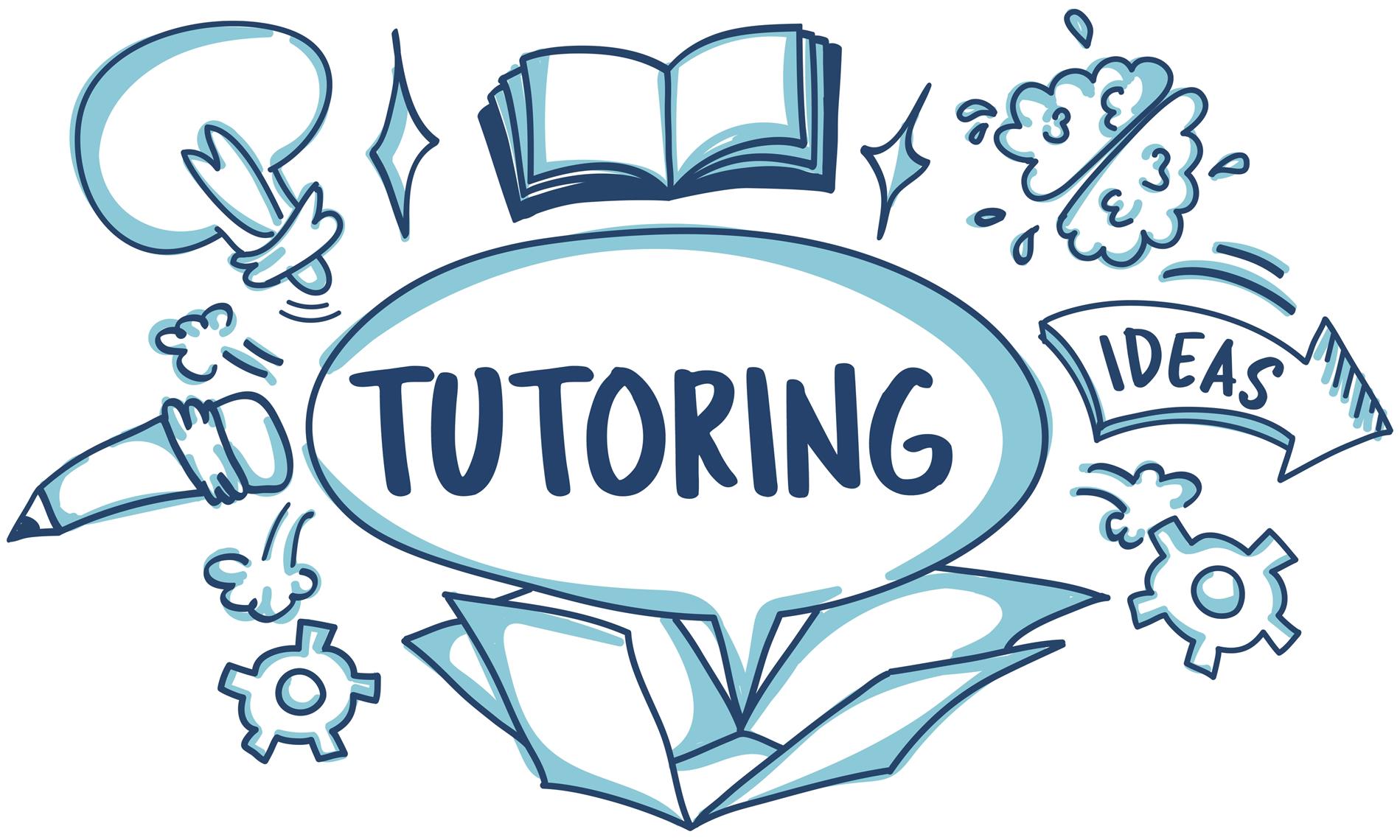Kari Cruze
Courses Taught:
Honors and Regular Environmental Science
Bio
Welcome to the 2025-2026 school year. My name is Mrs. Kari Cruze. This is my twelfth year teaching at Franklin County High School. I have a degree in Science Education (Secondary Biological Science) 7-12 from Western Governor's University. I have taught mostly physical science, but also biology, chemistry, ecology, and psychology over the last 11 years. This year I am teaching only environmental science.
Prior to teaching, I was an Army wife living at Fort Hood, TX. Before that I served 6 years in the United States Navy as a Fire Controlman on the USS Leyte Gulf (CG55). I have been to several different countries on deployments. I am originally from El Paso, TX, but I have lived in many different places because my family was military as I was growing up. The last and longest place was Myrtle Beach, SC.
Outside of school, I enjoy spending time with my family, reading, drawing, and crocheting. I love to travel but I am not a very outdoorsy person. I LOVE science documentaries and have even gotten my husband to watch a few. :D
In our class students will have the opportunity to apply many different scientific principles, concepts, and methodologies to the study of environmental science. These include:
-Understanding environmental science: defining its scope, interdisciplinary nature (drawing on fields like biology, chemistry, earth science, and physics), and researching environmental issues.
-Ecosystems: studying their components, interactions, biodiversity, and ecosystem services.
-Biomes: defining and comparing different biomes (aquatic, grassland, forest, desert, tundra), their characteristics, and how they function.
-Human impact on the environment: evaluating the evolving impact of human populations on the environment, including resource consumption, pollution, and population dynamics.
-Energy resources: identifying renewable and nonrenewable energy sources, their consumption patterns, and environmental impacts.
-Managing ecosystems: learning about methods for monitoring environmental conditions (air, water, soil, and biological components), assessing ecosystem health, and developing sustainable management plans for various resources and ecosystems.
-Environmental hazards and legislation: identifying environmental hazards, researching environmental legislation and treaties, and understanding the role of different levels of government in enforcing these regulations.
-Emphasis on Practical Application: Includes hands-on investigations
We will have significant opportunities to achieve success in our pursuit of being 21st century learners. The key to opening the door to these opportunities is a deep understanding of important inquiry skills like observing qualities, measuring quantities, sorting/classifying, inferring, predicting, experimenting, and communicating. Be prepared for a fun-filled year of science with me!
Important Information


Use the following Code to join our Class on Google Classroom.
Tue Jul 29 01:44 PM


